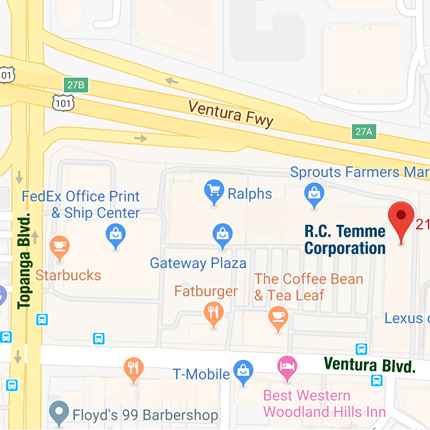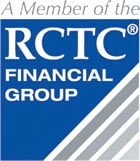Additional Investor Considerations
Additional Investor Considerations
You get what you pay for is an age-old saying that applies to numerous topics, especially when a company is servicing your Trust Deed investment (TD). Two of the most important items that servicers leave out, when providing the low bid for servicing, is adequate reviews of fire insurance and property taxes.
The property may have fire insurance, but are you listed as mortgagee to ensure you are covered incase of a loss? Do you know which loss payee endorsement you have, if any? If you answered no to either of the prior questions, you may have difficulty getting the insurance claim money from the insurance company, leaving you with the land and burnt structure(s) as security for your promissory note. This might be okay in some instances, especially, when the land is more valuable than the structure placed on the property or the damage isn’t that extensive. Being listed as mortgagee is good, but getting an acceptable lenders loss payable endorsement can make all the different in getting the insurance money from the insurance company.
Property taxes, in California, are paid twice a year in November (late December 10th) and February (late April 10th) but turn delinquent if not paid in full by June 30th; at which time the property starts to amass a 10% monthly penalty. However, the counties do not allow this to continue forever but sell the property at a tax sale auction free and clear of your TD investment. Generally, this is over a 5 year period for all properties but some counties place their commercial properties on the auction block within 3 years of delinquency. Since the property taxes are senior to your lien, any penalties assessed for unpaid taxes eat into your equity that you might be relying on as a safety net.
As of April 1, 2010, lenders were required to create impound accounts for certain types of property. An impound account acts a savings account for the borrower to pay a small amount for taxes and insurance with their monthly payment; the servicer then pays the taxes and insurance when due from this account. However, the lender can’t take these funds after a foreclosure is completed on the property unless they have the proper security documents to do so.
Here at R.C. Temme Corporation, we carefully look at every insurance policy to ensure the lender is listed as mortgagee on the property and that the policy has an acceptable lenders loss payable endorsement. We also have a tax service that notifies our office in October when the borrower has not paid their property taxes for the prior year and diligently inform you as the investor of the status of the taxes. These are many of the services that are included in our normal servicing fee for no additional charge. Also, we are diligently requiring impound accounts be placed on any file that has been delinquent with their insurance and/or property tax accounts for two consecutive periods. We do go to great lengths to secure these funds for your benefit in the event of a foreclosure so you are not stuck footing the bill for the property taxes upon receiving ownership of the property.
If you have questions about TD investing please call and ask for Regina Owens 818-999-2274 or 800-827-5626.
— Written by Breanna Dahlstrom — Aug 07, 2012









